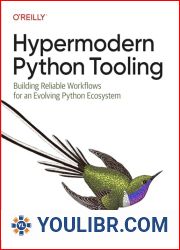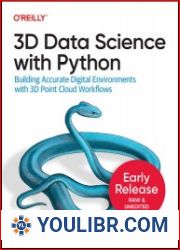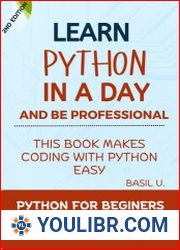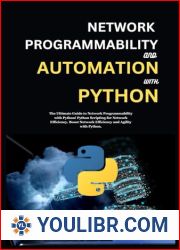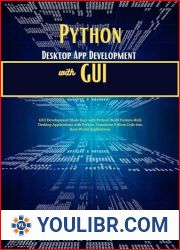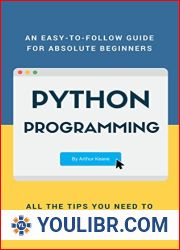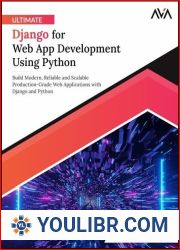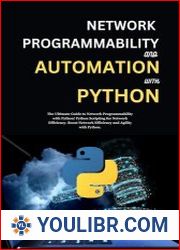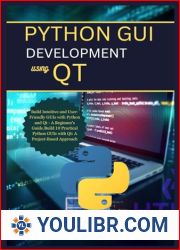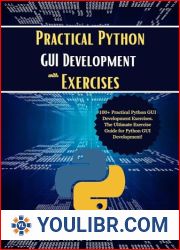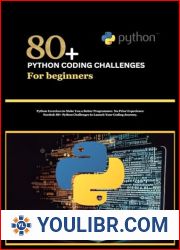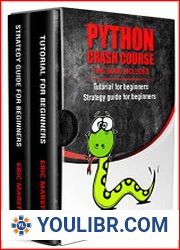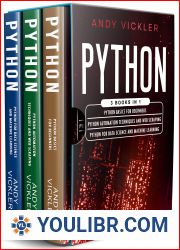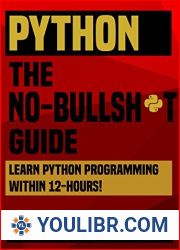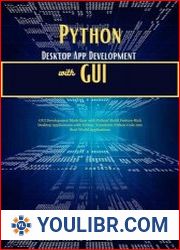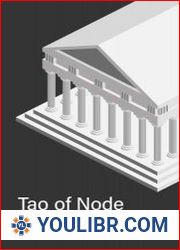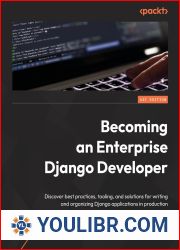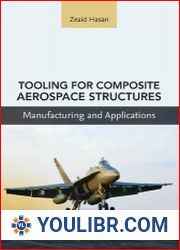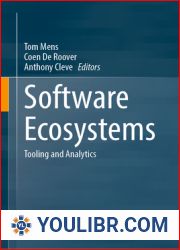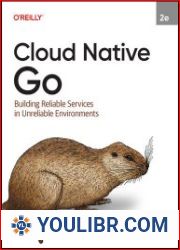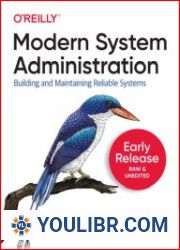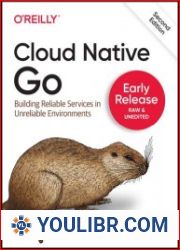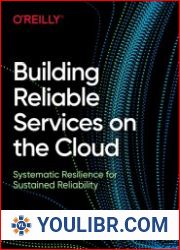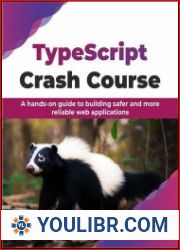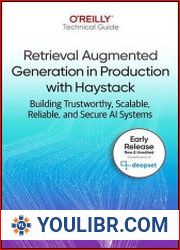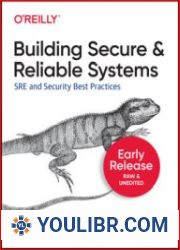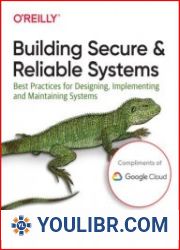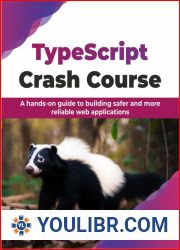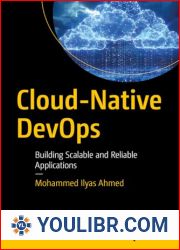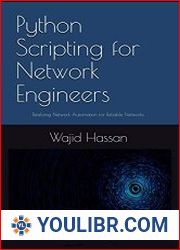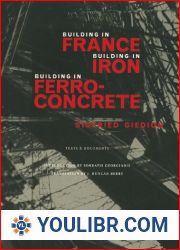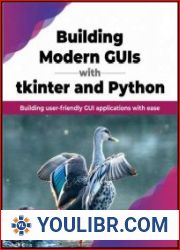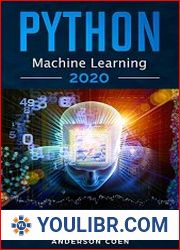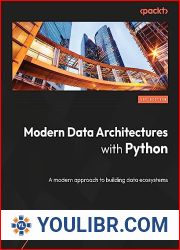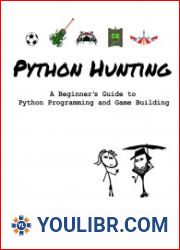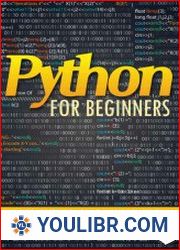
BOOKS - Hypermodern Python Tooling Building Reliable Workflows for an Evolving Python...

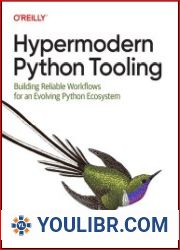
US $7.88

147983

147983
Hypermodern Python Tooling Building Reliable Workflows for an Evolving Python Ecosystem (Final Release)
Author: Claudio Jolowicz
Year: 2024
Number of pages: 541
Format: PDF | EPUB | MOBI
File size: 10.1 MB
Language: ENG
Year: 2024
Number of pages: 541
Format: PDF | EPUB | MOBI
File size: 10.1 MB
Language: ENG
Keeping up with the Python ecosystem can be daunting. Its developer tooling doesn't provide the out-of-the-box experience native to languages like Rust and Go. When it comes to long-term project maintenance or collaborating with others, every Python project faces the same problem: how to build reliable workflows beyond local development while staying in sync with the evolving ecosystem. With this hands-on guide, Python developers will learn how to forge the moving parts of a Python project into an easy-to-use toolchain, using state-of-the-art tools including Poetry, Nox, pytest, mypy, pre-commit, Black, Ruff, uv, Rye, Hatch, and more. Author Claudio Jolowicz shows you how to create robust Python project structures complete with unit tests, static analysis, code formatting, and type checking. You don’t strictly need these tools to write Python software. Fire up your system’s Python interpreter and get an interactive prompt. Save your Python code as a script for later. Why use anything beyond an editor and a shell? This is not a rhetorical question. Every tool you add to your development workflow should have a clear purpose and bring benefits that outweigh the costs of using it. Generally, the benefits of development tooling become manifest when you need to make development sustainable over time. At some point, publishing your module on the Python Package Index will be easier than emailing it to your users. This book assumes that you have a basic knowledge of the Python programming language. The only tooling you need to be familiar with are the Python interpreter, an editor or IDE, and the command line of your operating system.







